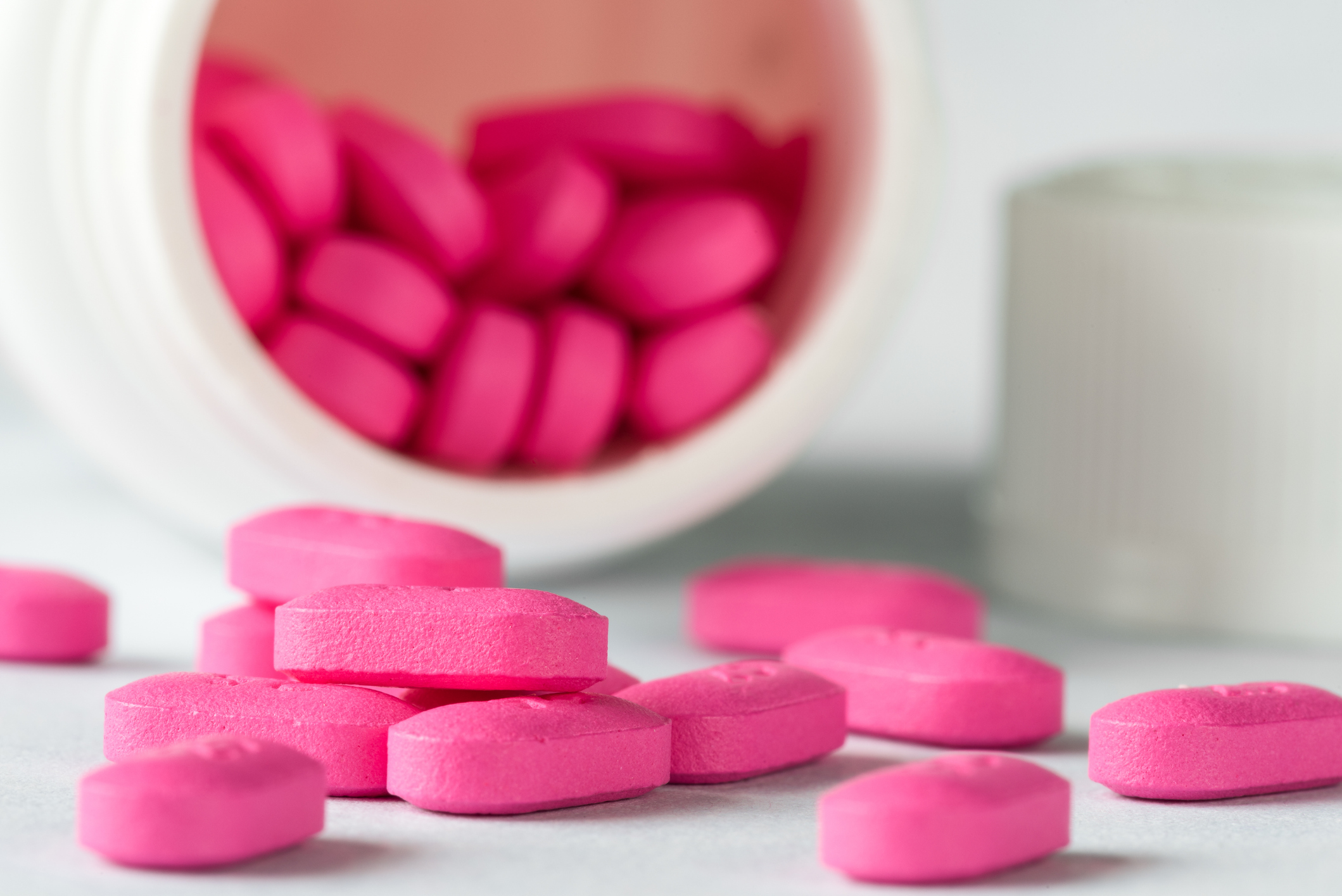Compared to other types of stimulant drugs, methamphetamine carries one of the highest potentials for misuse and addiction. People using this drug report feeling euphoric, energized, and highly sociable. But when the effects wear off, all these pleasurable effects come crashing down. And with recent studies showing that long-term meth use is leading to more heart failure cases across the globe, there’s no doubt this is a dangerous substance. If you decide to quit using, knowing what meth withdrawal symptoms you may experience and what detoxing is like can help you recover.
What Happens to Your Body When You Quit Using Meth?
Meth is a stimulant that speeds up systems in the body and allows someone to have much more energy than they normally would. It also releases a surge of pleasurable chemicals in the brain called endorphins, making people seek the drug repeatedly. Over time, meth may decrease dopamine receptors in your brain cells and make it difficult to experience pleasure without taking substances.
After you stop using meth, you will be in a constant state of exhaustion and spend the first few days just sleeping on and off. At the same time, you might experience physical symptoms such as headaches or tremors, which go away after a week or so. This process – known as withdrawal – is your body’s way of expelling all toxins and trying to restore its natural balance.
Many users also report having psychological symptoms, like anxiety or mood swings, which are harder to deal with and last much longer. Without proper treatment, these negative side effects can manifest into depression, psychosis, and suicidal ideations. These debilitating conditions not only increase your risk for relapse but also threaten your safety and well-being.
What Are Meth Withdrawal Symptoms?
Since your body has become dependent on meth through regular and repeated use, physical withdrawal symptoms can start 24 hours after stopping use. Each meth detox will be different for everyone and may include all or some of the symptoms below:
- Changes in appetite
- Fatigue
- Fever
- Headaches
- Tremors
- Sweating
- Muscle pain
For more long-term users, you may experience these psychological symptoms:
- Anxiety
- Paranoia
- Insomnia
- Depression
- Hallucinations
- Mood swings
- Suicidal thoughts
Additionally, studies have shown that long-term meth can affect your memory and cause a decrease in neuronal activity. Researchers at Brown University discovered that some of the effects of abusing meth can be reversed with abstinence, but in a few cases, certain functions in the brain were permanently impacted.
Where Should You Detox from Meth?
Although methamphetamine detox is a difficult and uncomfortable experience, it is generally not life-threatening. But because meth withdrawal can be unpredictable, it’s recommended that you detox under the care of medical professionals. They will help you manage any dangerous psychological symptoms, monitor your vitals, and ensure your safety and comfort throughout the process. In an inpatient facility, staff will likely slowly taper you off the drug instead of quitting “cold turkey.”
You will be sleeping a lot during detox. Some people may sleep for 12 hours a day and still wake up feeling exhausted. It’s also important to stay hydrated and eat nutritious meals as your body works overtime to heal. While there are no FDA-approved medications specifically for meth, doctors may prescribe antipsychotic drugs to treat distressing psychiatric symptoms.
Coping with psychosis and depression on your own is very difficult no matter how strong-willed you are. In fact, only 15 percent of people who choose to quit meth at home without any help are successful after three months. Being in your home environment can be triggering and keep you surrounded by people who enable your addiction. Medical detox removes you from that environment to get the fresh start you need.
How Long Does Meth Detox Last?
The length of your meth detox may last 72 hours or up to two weeks. This is based on many factors, such as how often you used meth and if you combined multiple substances, how long you were using the drug, any co-occurring disorders you may have, overall health, and more.
First Phase
The first one to two days of withdrawal is the “crash” period. This period is defined by a sharp decline in energy and cognitive function. While you may experience a few physical symptoms, the emotional toll is usually greater. Depression is common during this phase, along with feelings of paranoia and anxiety. Cravings are strong but may be suppressed because a person usually spends a lot of time sleeping during this initial stage.
Second Phase
At 2-4 weeks, psychiatric problems may begin to manifest or become uncovered by the absence of methamphetamine. As your brain struggles to balance out chemical levels, you might have difficulty regulating your moods. You may also have decreased motivation and a lack of mental clarity. Some might experience severe psychotic or depressive episodes, which is why continuing your addiction treatment at a residential program is strongly recommended.
What Happens After Detox?
After quitting meth, you will come to realize that the thing that helped you have fun, feel good, and be upbeat in the past is suddenly gone. You may also find that there are underlying mental health issues contributing to and/or made worse by your meth abuse that is unrelated to the meth withdrawal symptoms. As you begin your life in recovery, residential treatment can guide you through all these obstacles and get you on the right track.
According to NIDA, behavioral therapies like cognitive behavioral therapy are the most effective treatment options. Mountainside provides an individualized treatment approach that combines individual and group therapy sessions, 12-step support, and family involvement catered to your needs. Holistic therapies can teach you how to cope with troubling emotions and any drug cravings that may pop up.
Detoxing from meth might seem daunting, but it’s an important first step to healing from addiction. Knowing what to expect and having the right professional support can make recovery possible.
If you or a loved one is struggling with addiction, Mountainside can help.
Click here or call (888) 833-4676 to speak with one of our addiction treatment experts.

 By
By 







